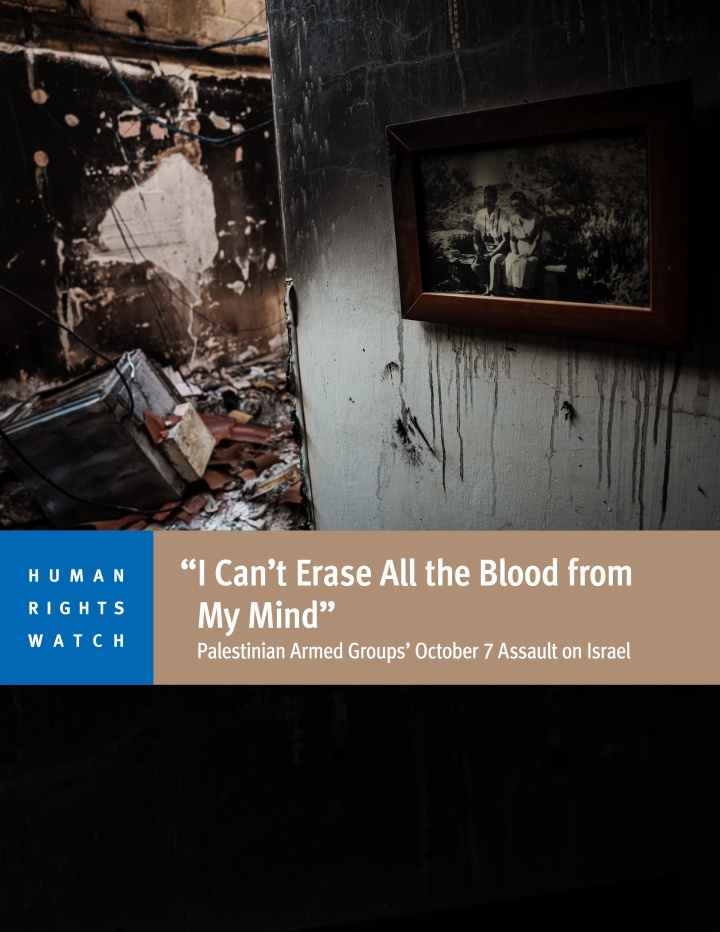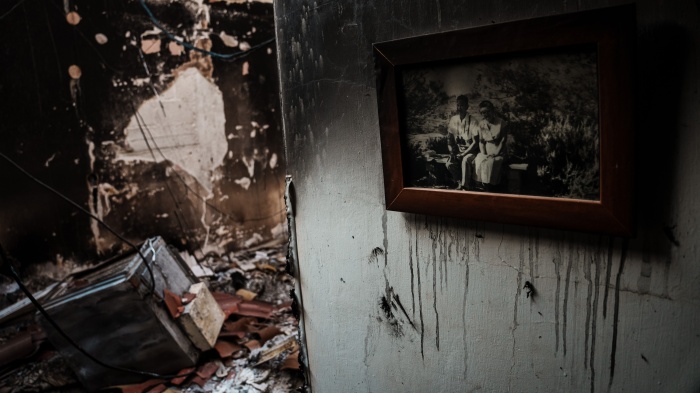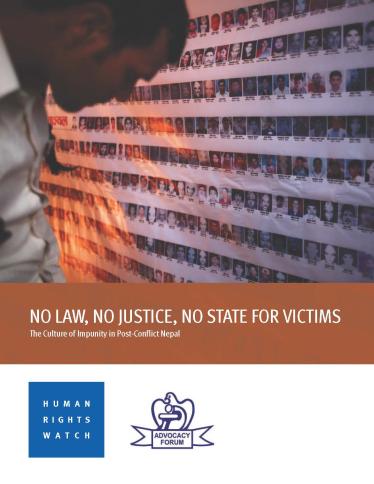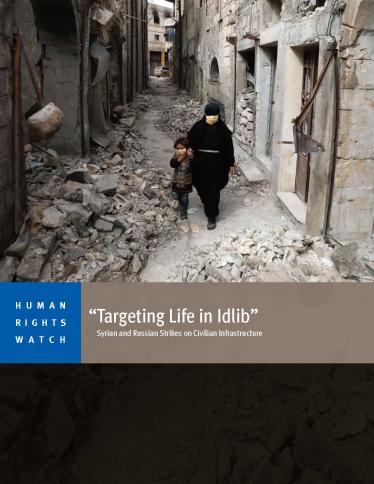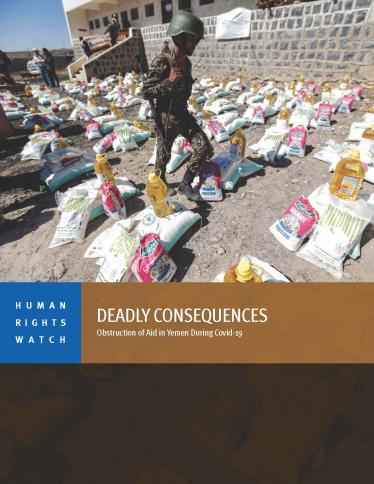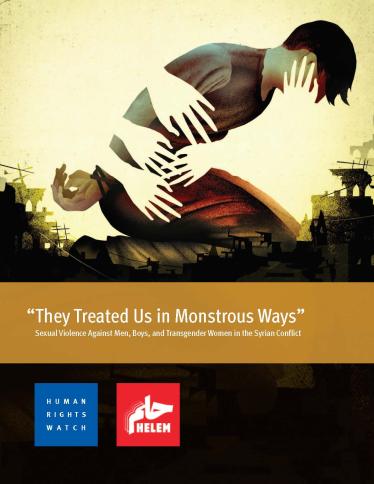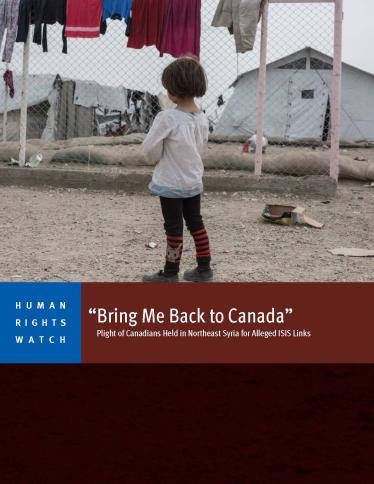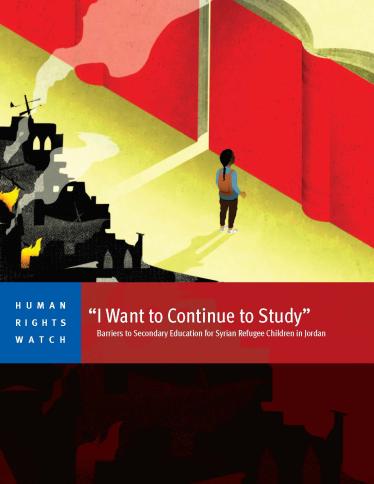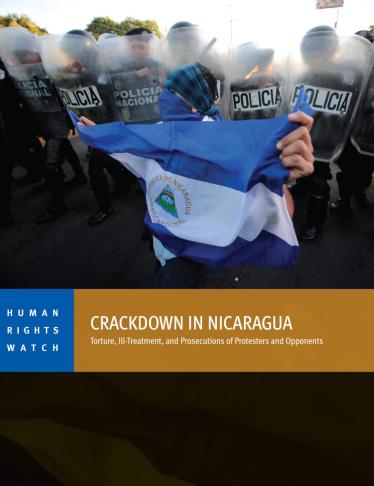“I Can’t Erase All the Blood from My Mind”
Palestinian Armed Groups’ October 7 Assault on Israel
The 236-page report, “‘I Can’t Erase All the Blood from My Mind’: Palestinian Armed Groups’ October 7 Assault on Israel,” documents several dozen cases of serious violations of international humanitarian law by Palestinian armed groups at nearly all the civilian attack sites on October 7. These include the war crimes and crimes against humanity of murder, hostage-taking, and other grave offenses. Human Rights Watch also examined the role of various armed groups and their coordination before and during the attacks. Previous Human Rights Watch reports have addressed numerous serious violations by Israeli forces in Gaza since October 7.
